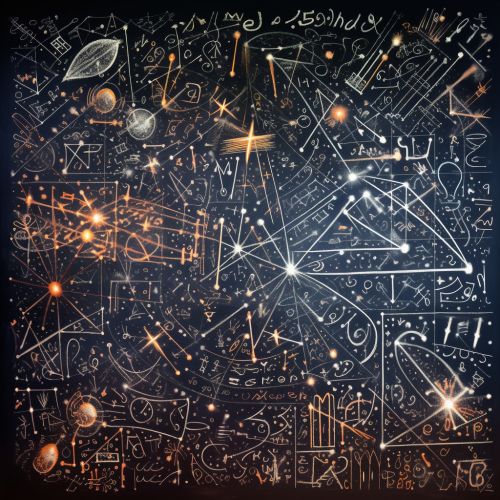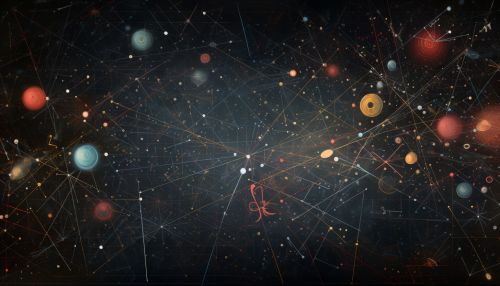Formal Sciences
Introduction
The formal sciences are branches of knowledge that are concerned with formal systems, such as logic, mathematics, statistics, theoretical computer science, information theory, systems theory, decision theory, and theoretical linguistics. Unlike the natural and social sciences, the formal sciences do not involve empirical procedures, and unlike the humanities, they do not involve the cultural, historical, or aesthetic interpretation of phenomena.


Nature and Scope
The formal sciences are characterized by the rigorous application of formal systems and symbolic representations. They are distinguished from other sciences by their method of proof, which is based on formal logic, and by their subject matter, which involves abstract (rather than concrete) entities.
In the formal sciences, the truth of a statement is determined by its form rather than its content. This is in contrast to the natural and social sciences, where the truth of a statement is determined by empirical evidence, and the humanities, where the truth of a statement is often a matter of interpretation.
Formal Systems
A formal system in the formal sciences is an organized set of axioms and rules of inference, which are used to derive theorems. The axioms are the basic assumptions of the system, and the rules of inference are the procedures for deriving theorems from the axioms.
The formal sciences are concerned with the study of formal systems in their own right, and also with the application of formal systems to other areas of knowledge. For example, in mathematics, a formal system such as set theory can be used to derive theorems in number theory or algebra.
Logic
Logic is the study of the principles of valid inference and demonstration. It is one of the oldest branches of the formal sciences, with roots in ancient Greece. Logic is used in most intellectual activities, but is studied primarily in the disciplines of philosophy, mathematics, semantics, and computer science.
Mathematics
Mathematics is the study of quantity, structure, space, and change. It is one of the oldest and most fundamental sciences. Mathematicians seek out patterns, formulate new conjectures, and establish truth by rigorous deduction from appropriately chosen axioms and definitions.
Statistics
Statistics is the study of the collection, analysis, interpretation, presentation, and organization of data. It deals with all aspects of data, including the planning of data collection in terms of the design of surveys and experiments.
Theoretical Computer Science
Theoretical computer science is a subset of computer science that focuses on more abstract or mathematical aspects of computing, such as complexity theory and data structures.
Information Theory
Information theory is a branch of applied mathematics and electrical engineering involving the quantification of information. It was essentially created by Claude Shannon in 1948 to find fundamental limits on signal processing operations such as compressing data and reliably storing and communicating data.
Systems Theory
Systems theory is the interdisciplinary study of systems in general, with the goal of elucidating principles that can be applied to all types of systems in all fields of research.
Decision Theory
Decision theory is the study of an agent's choices. Decision theory can be broken into two branches: normative decision theory, which analyzes the outcomes of decisions or determines the optimal decisions given constraints and assumptions, and descriptive decision theory, which analyzes how agents actually make the decisions they do.
Theoretical Linguistics
Theoretical linguistics is the branch of linguistics that is most concerned with developing models of linguistic knowledge. This knowledge typically takes the form of grammars, which are sets of rules that specify the well-formed expressions of a language.
